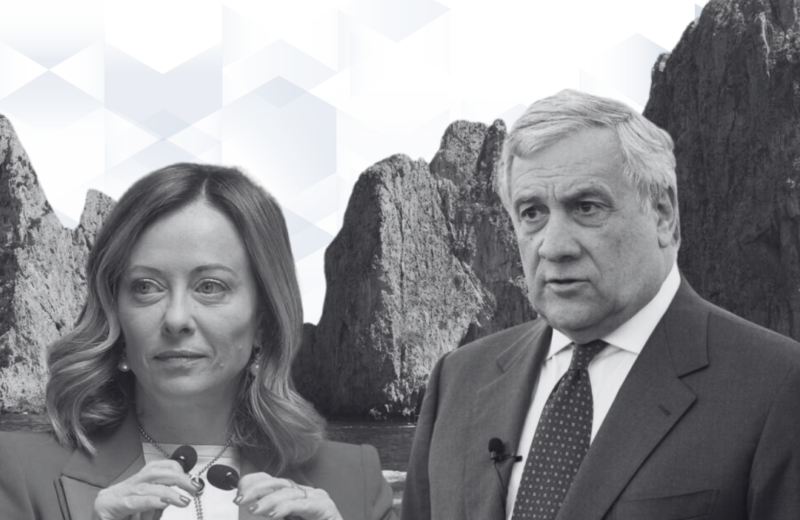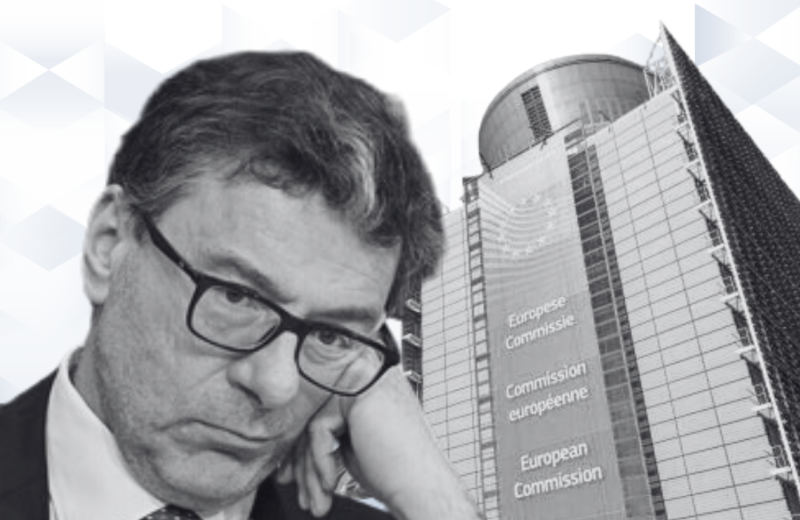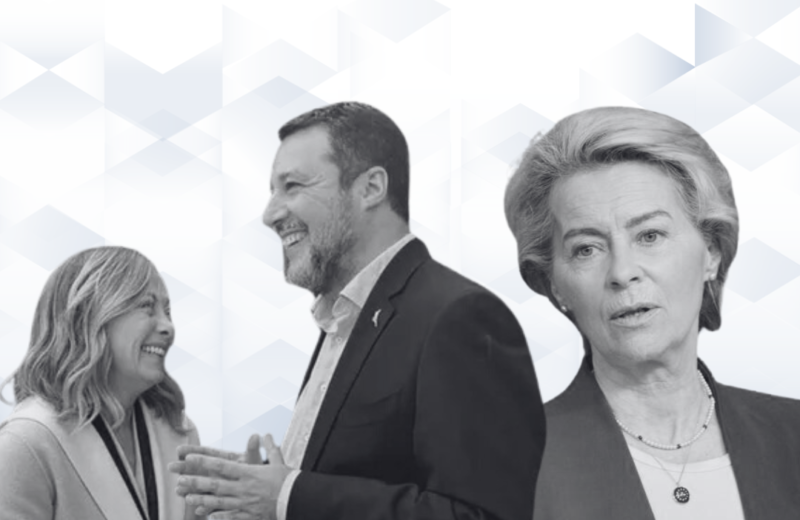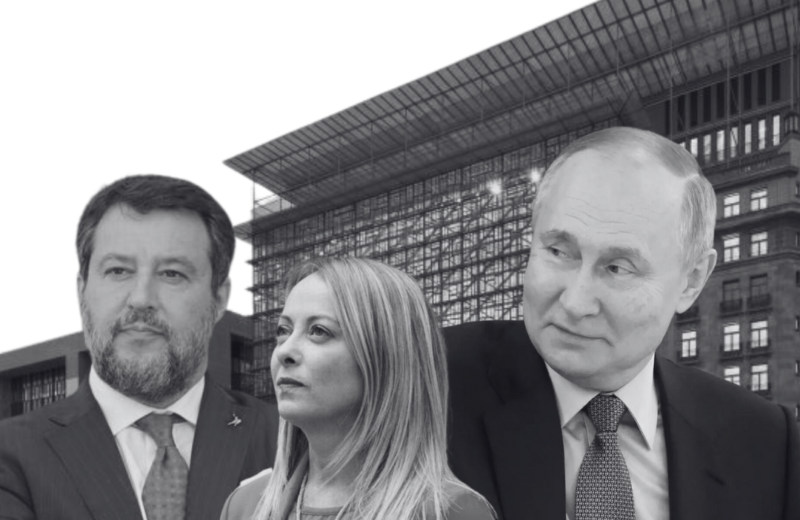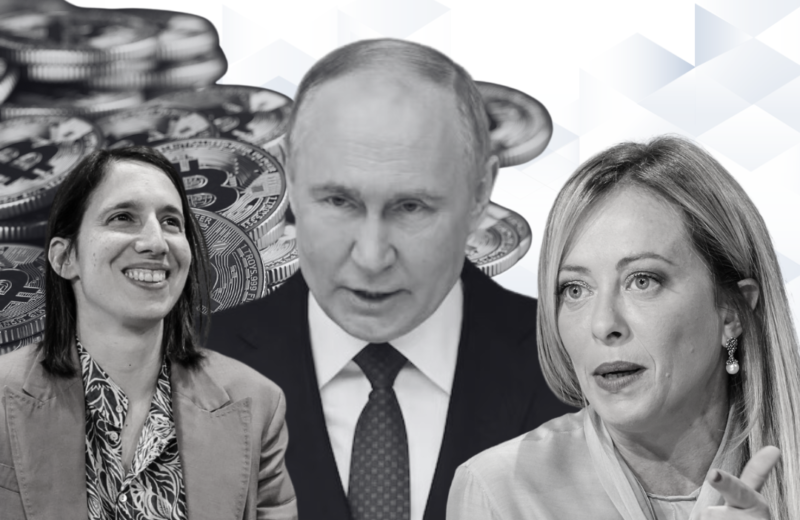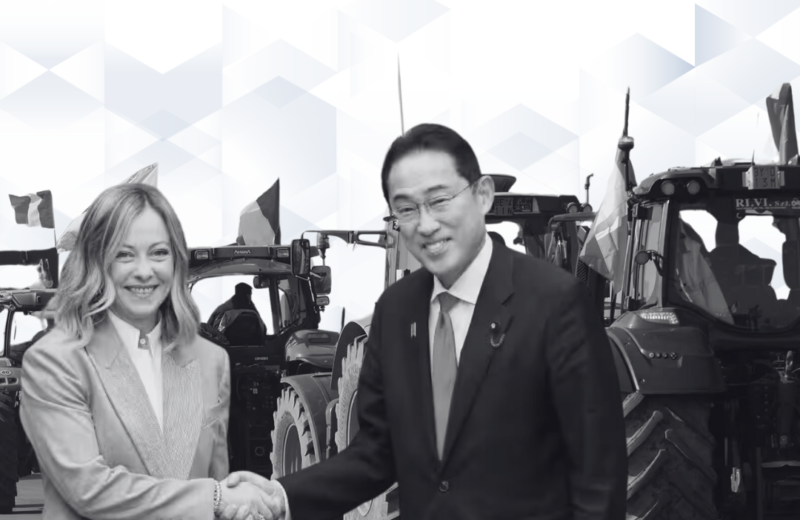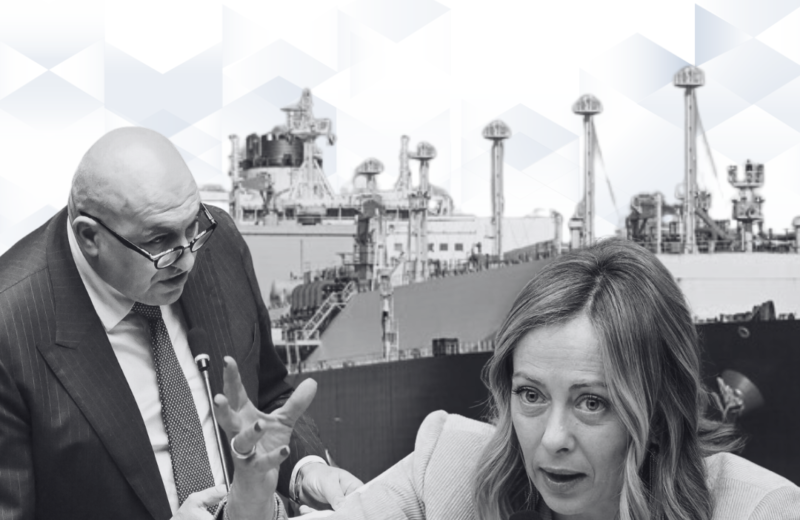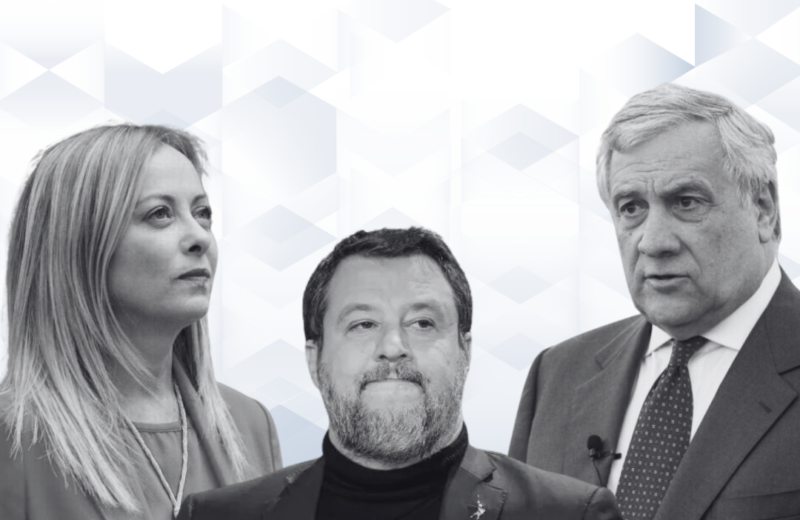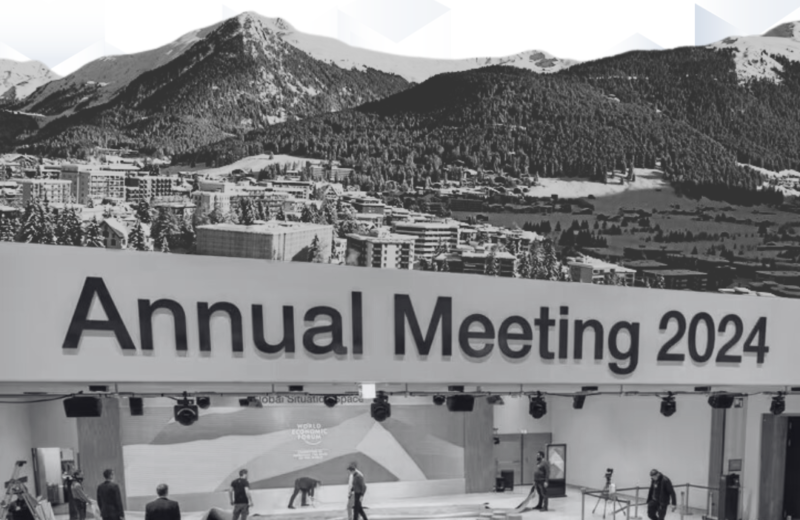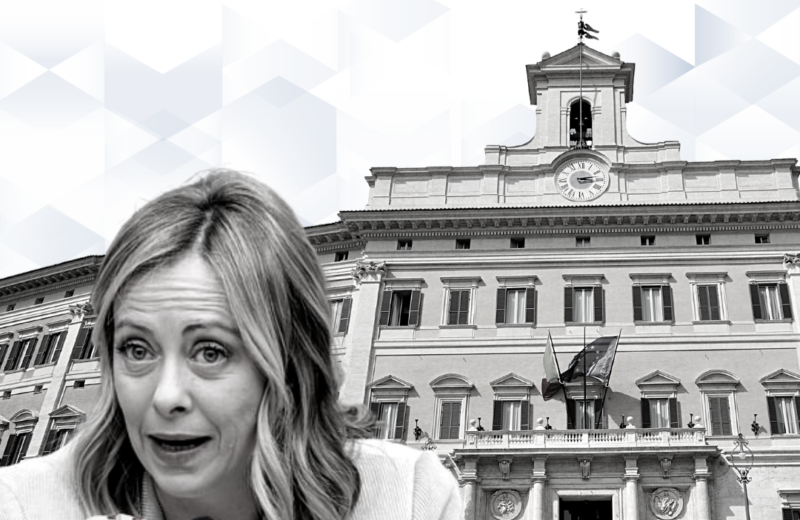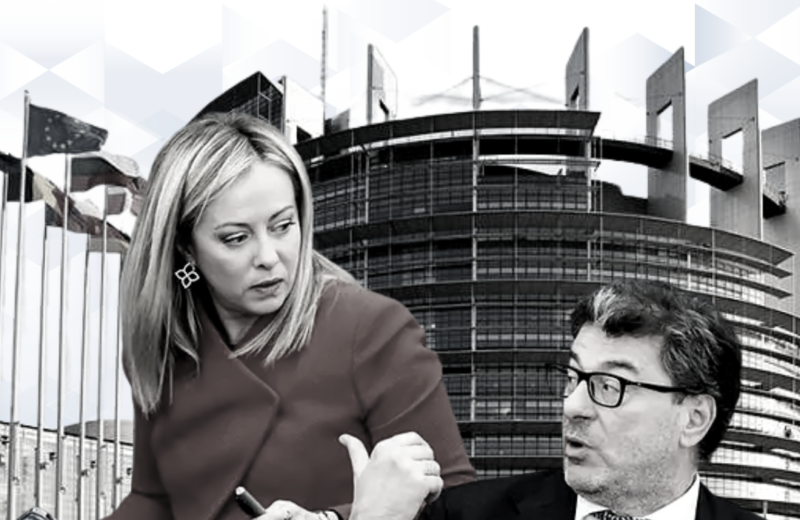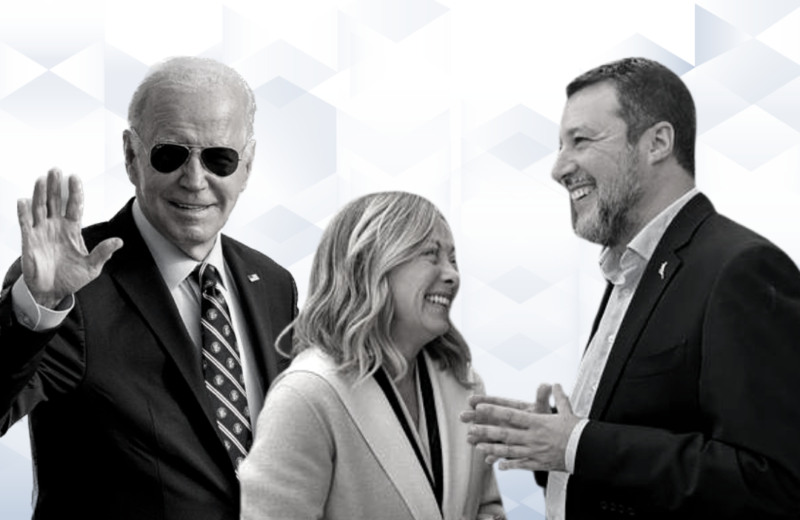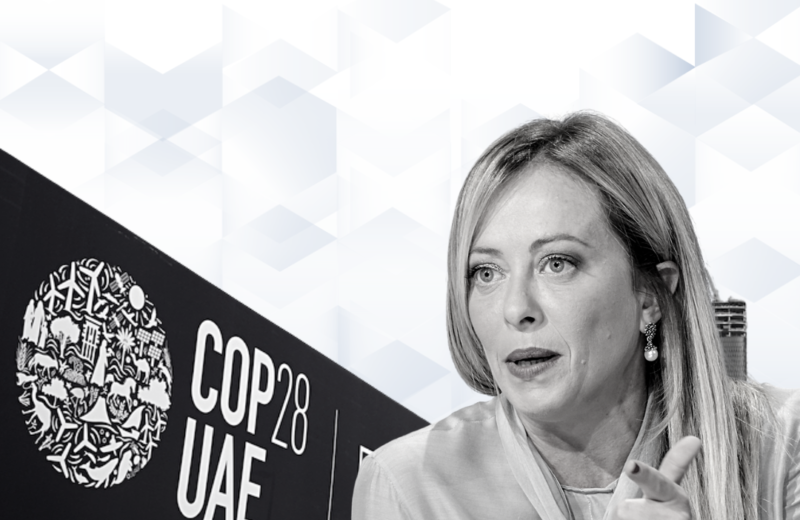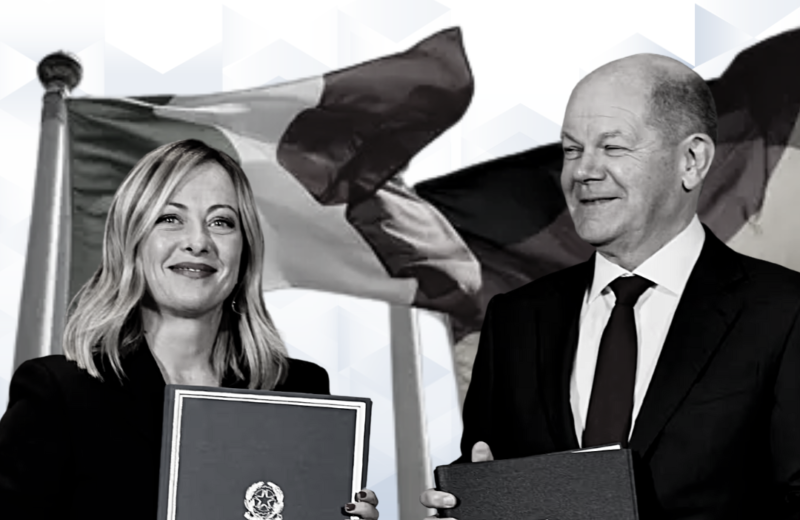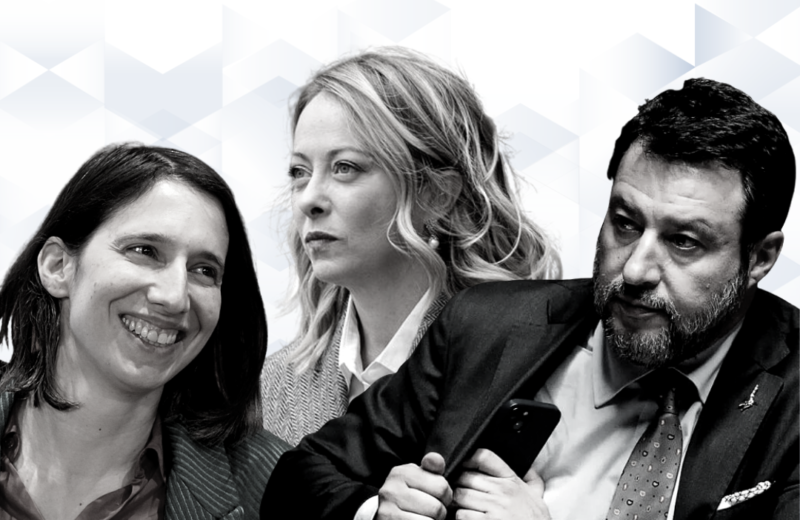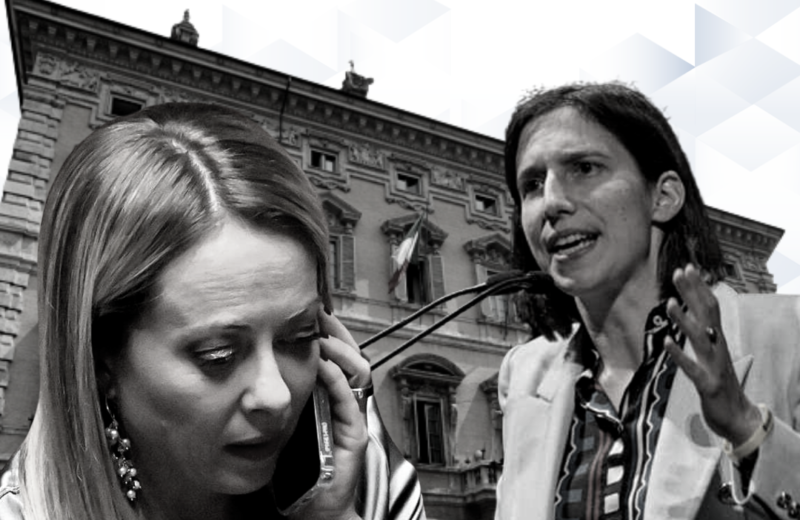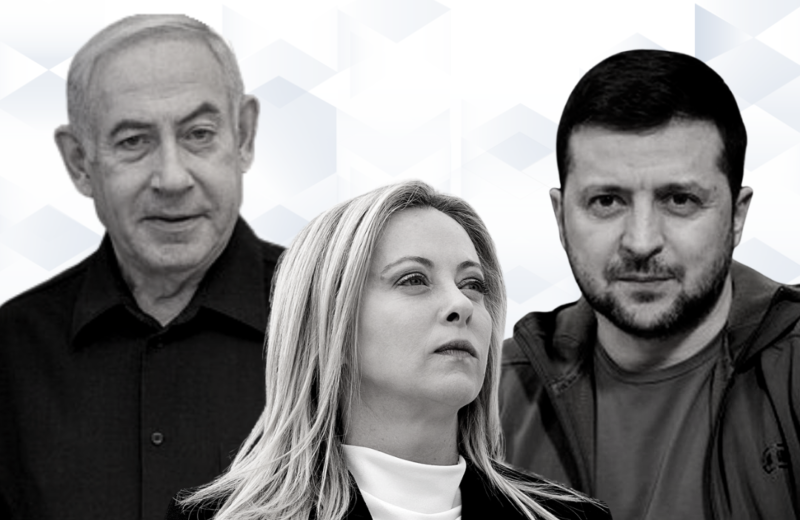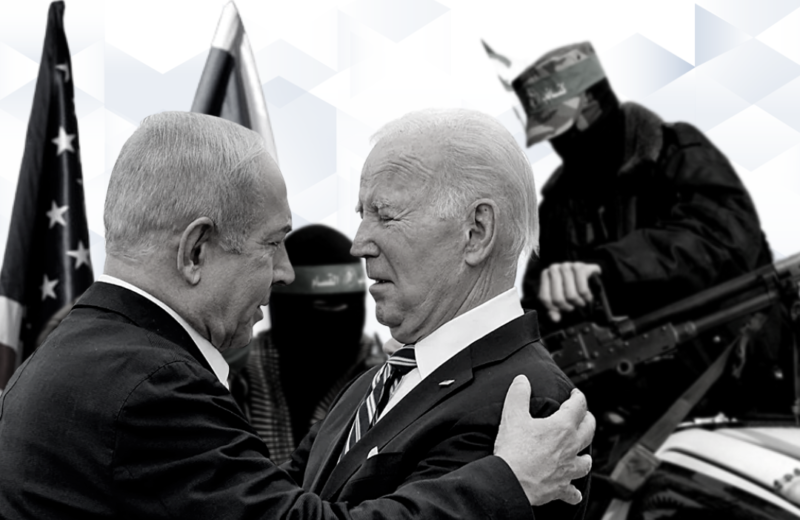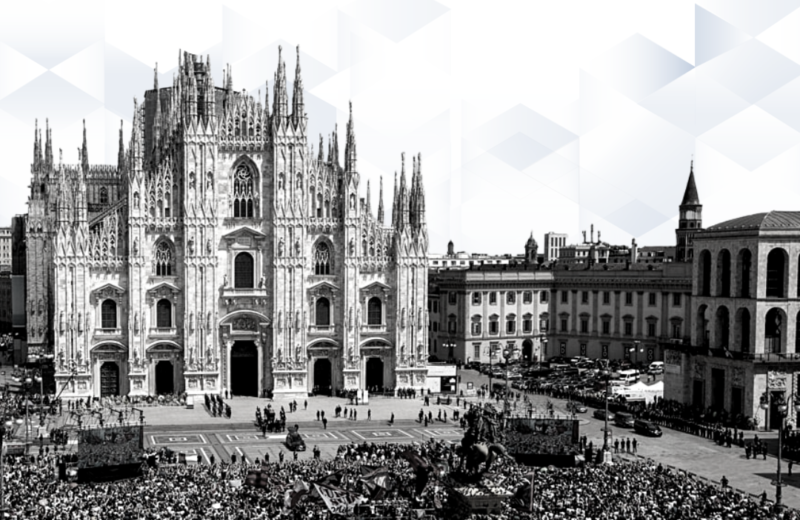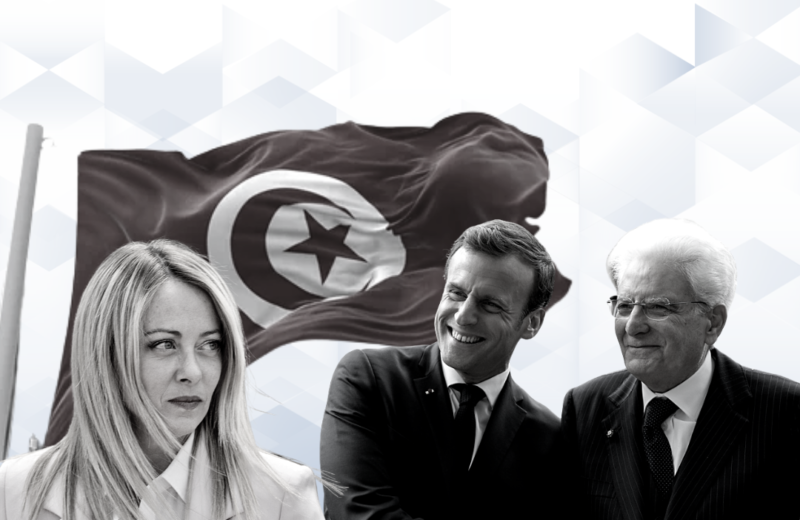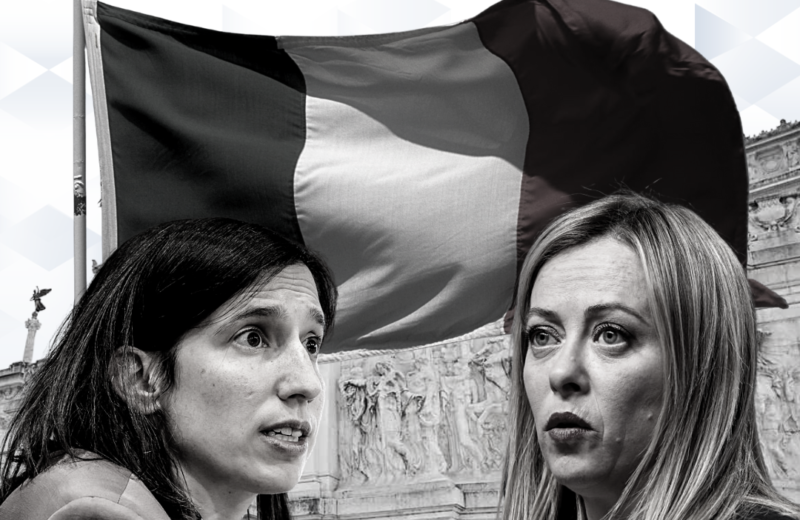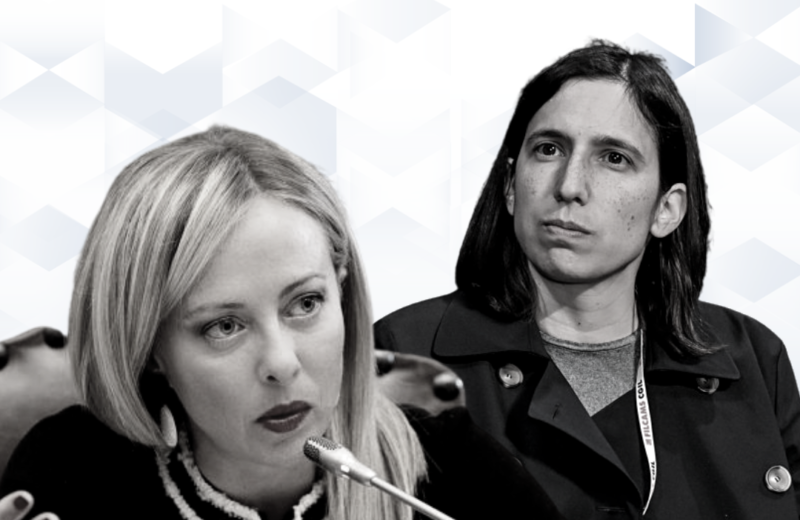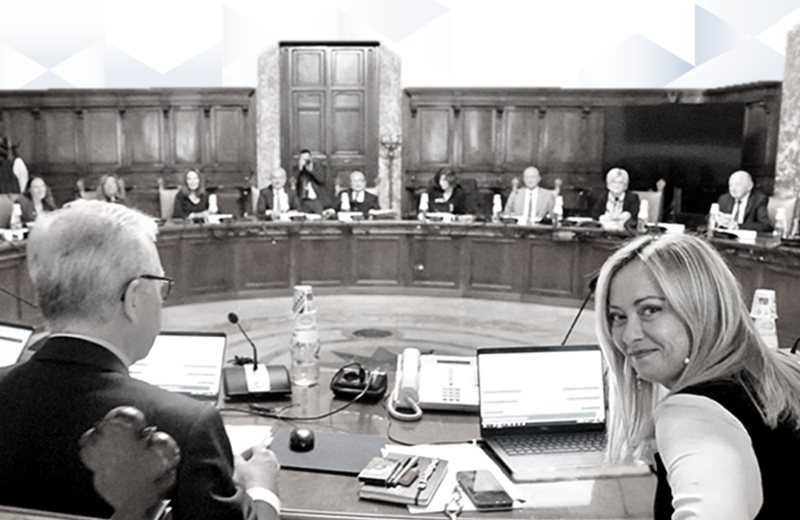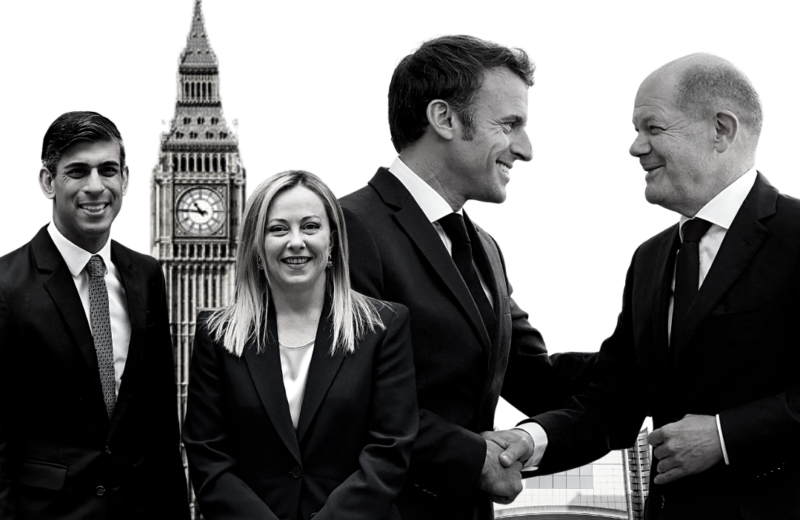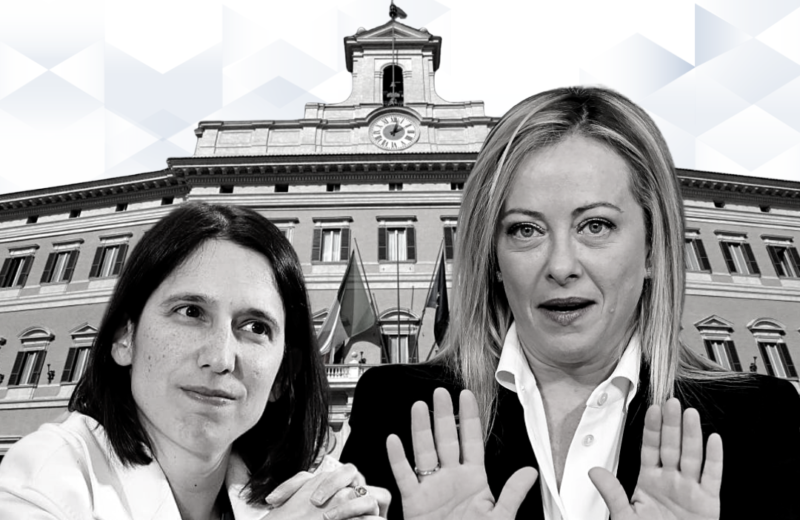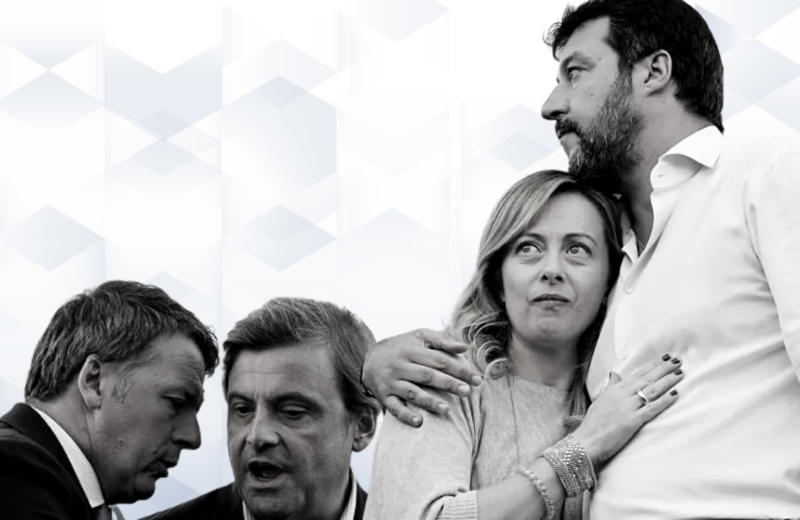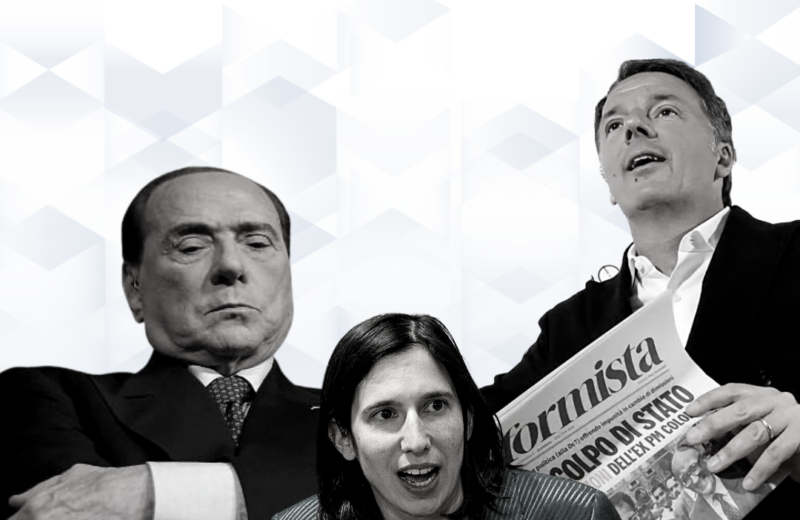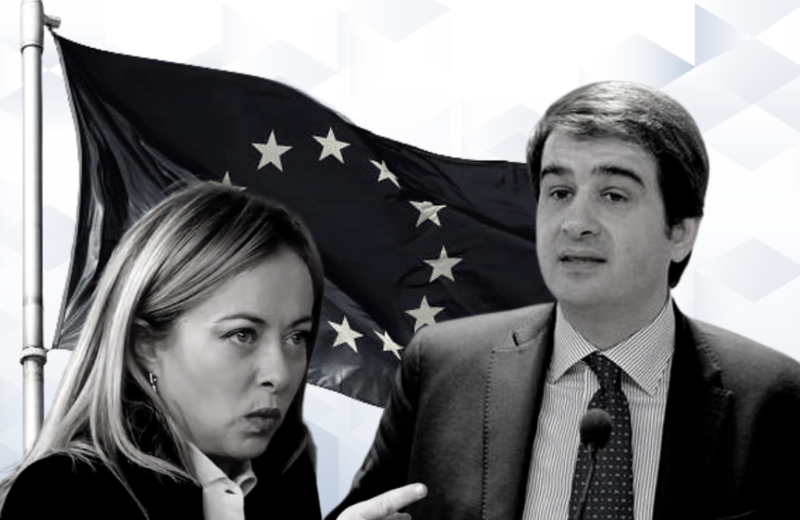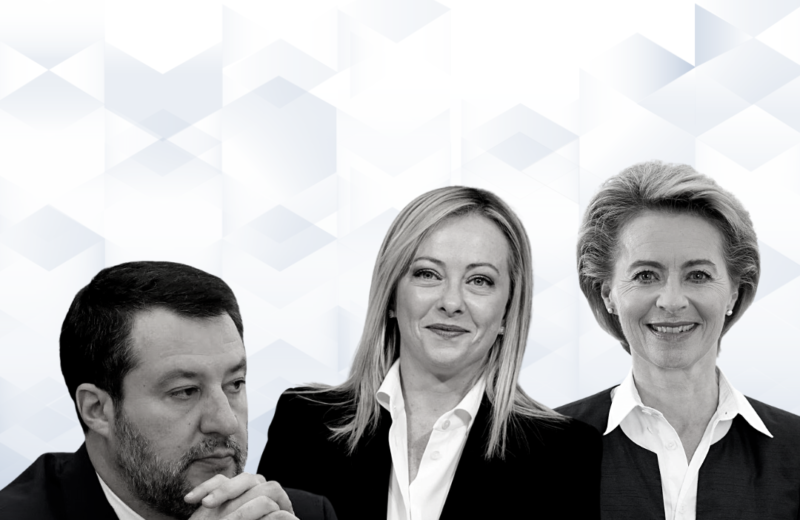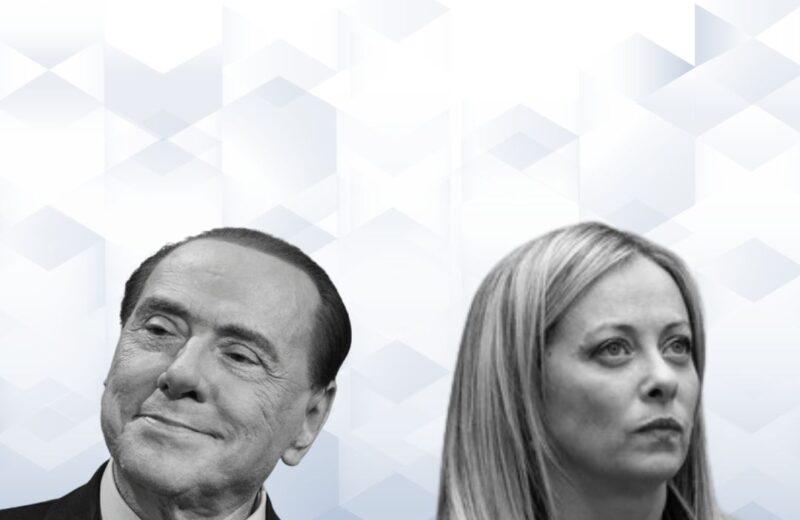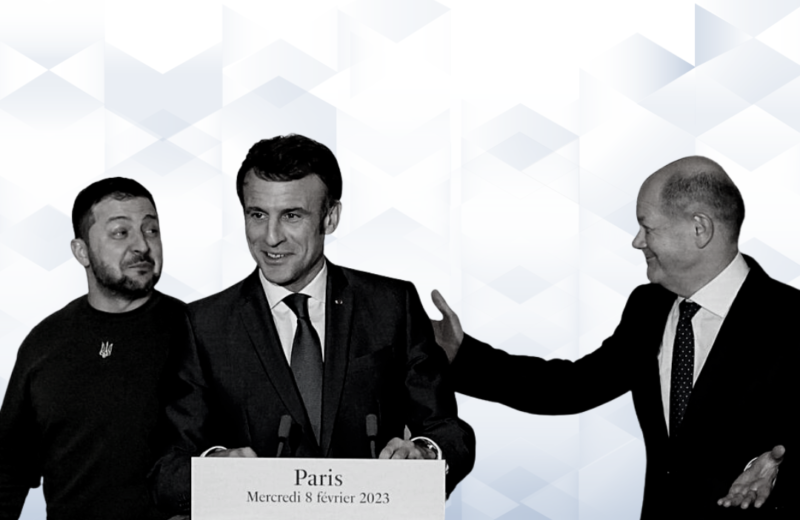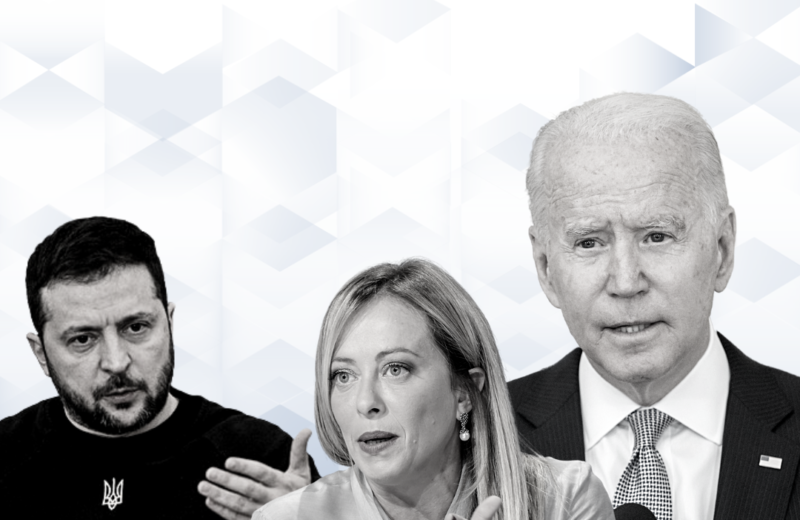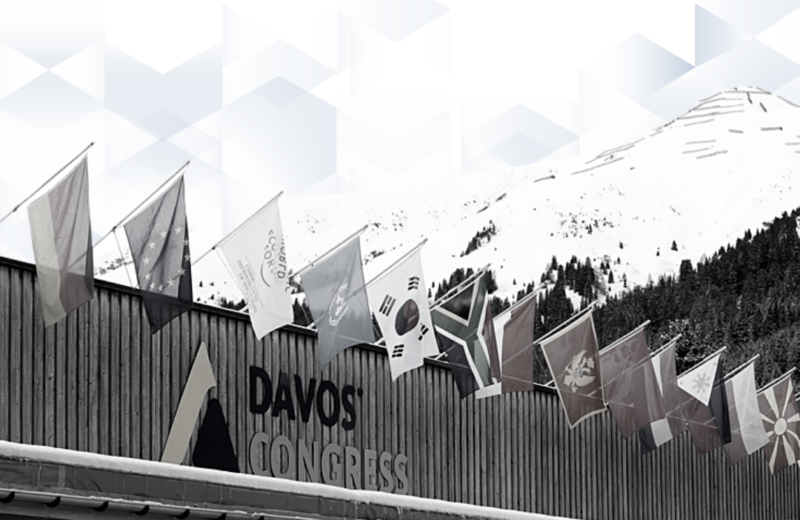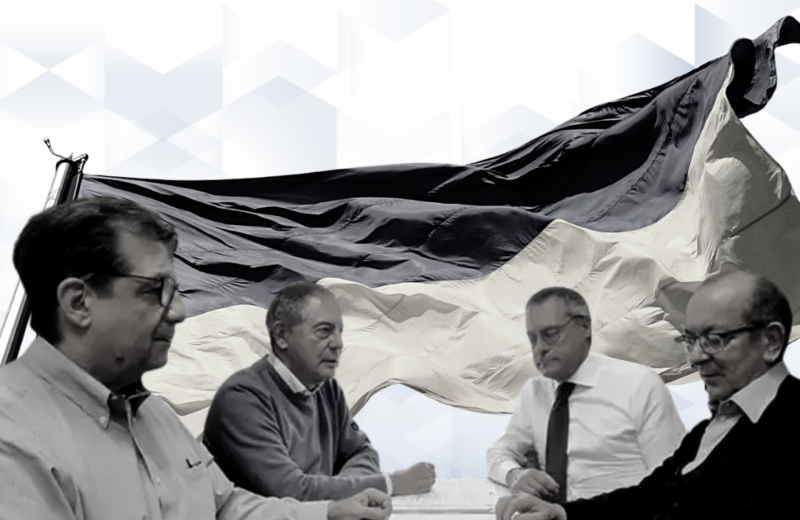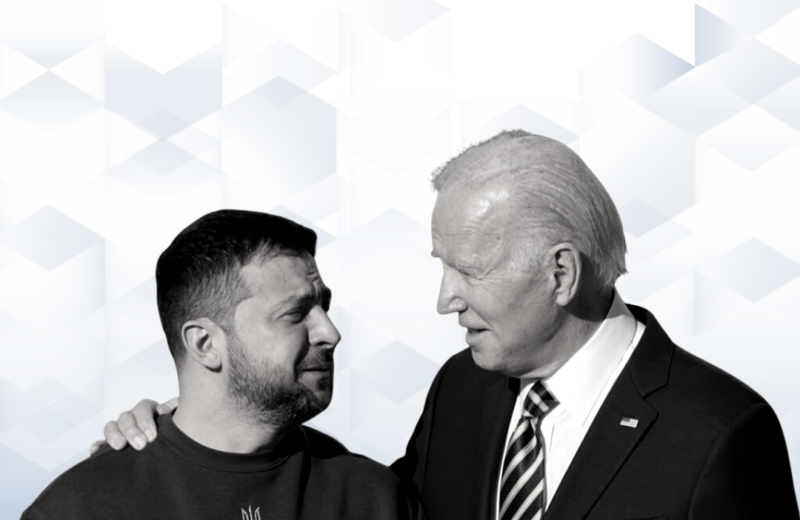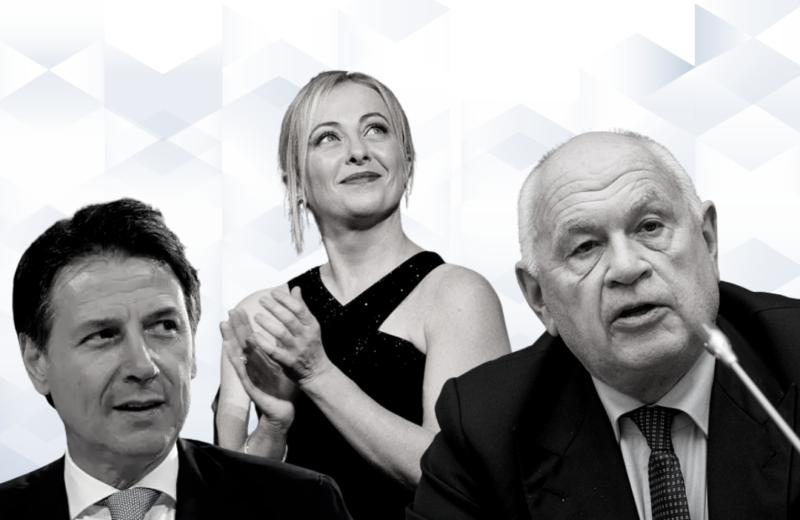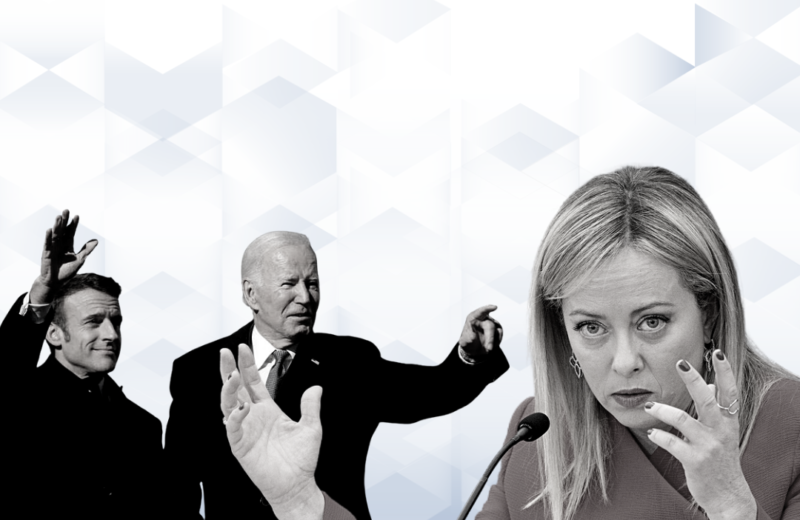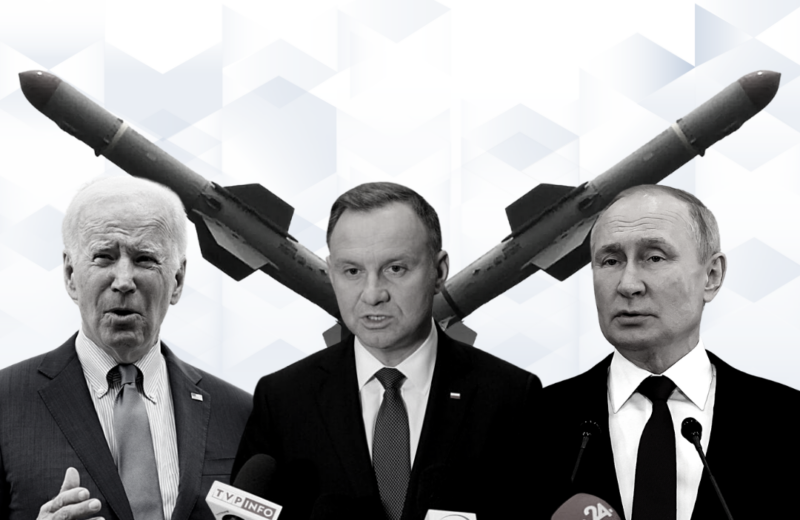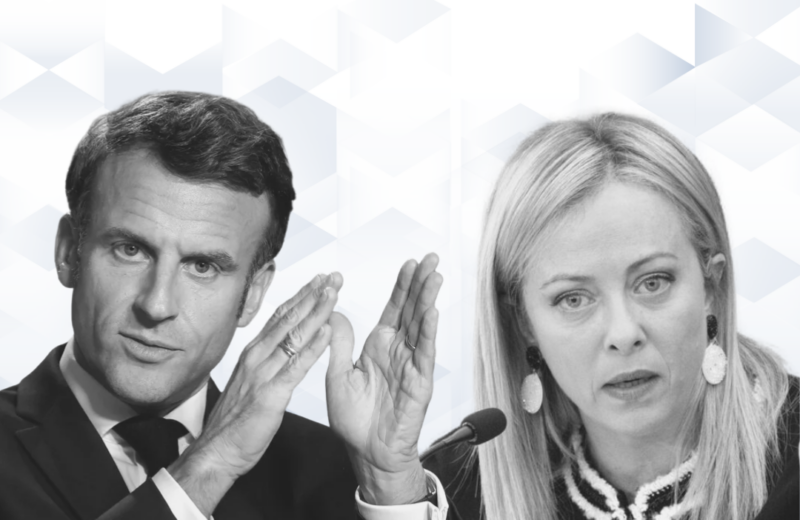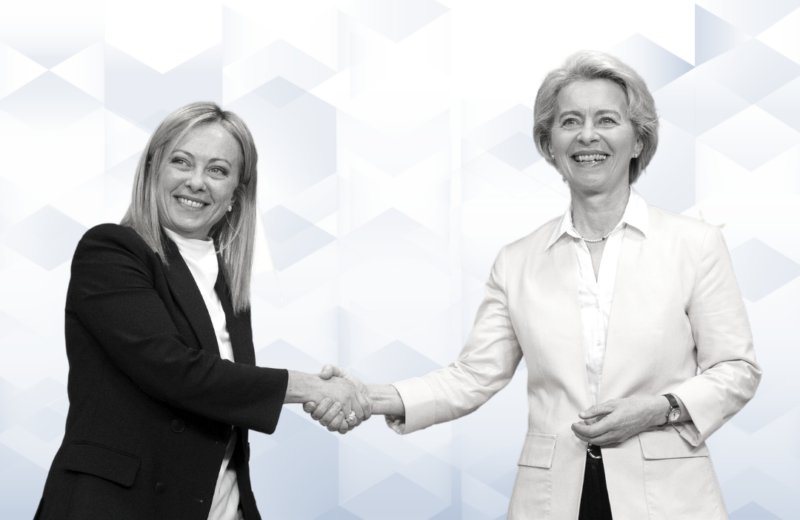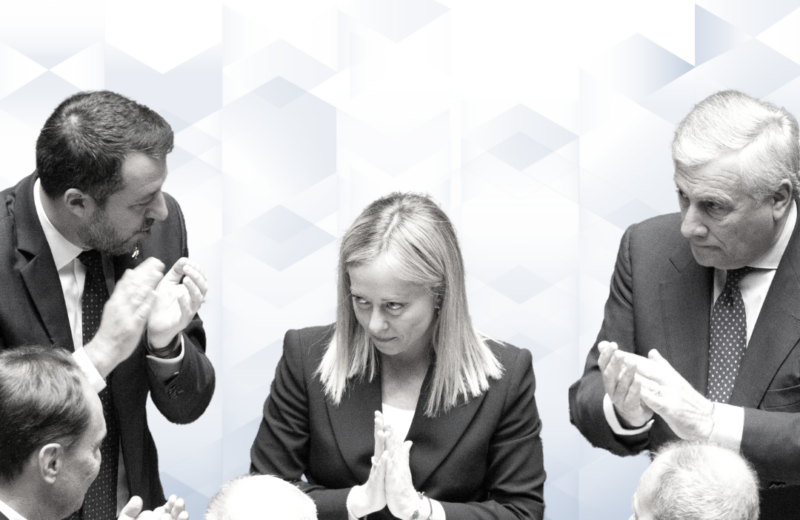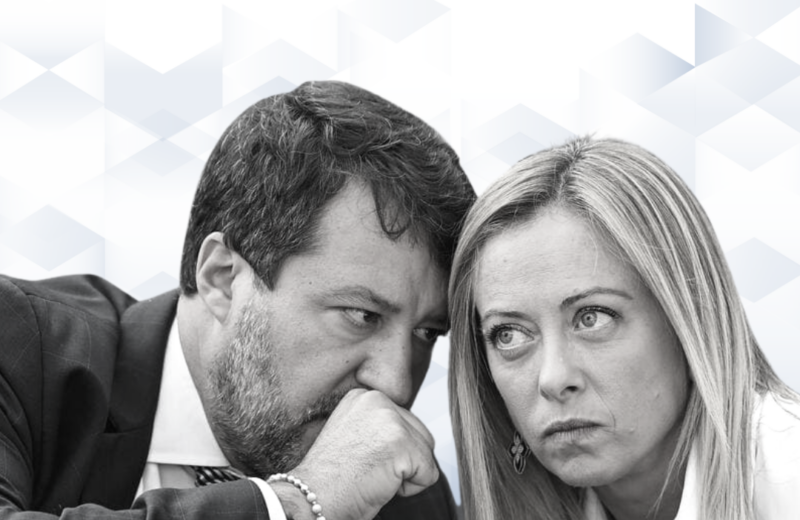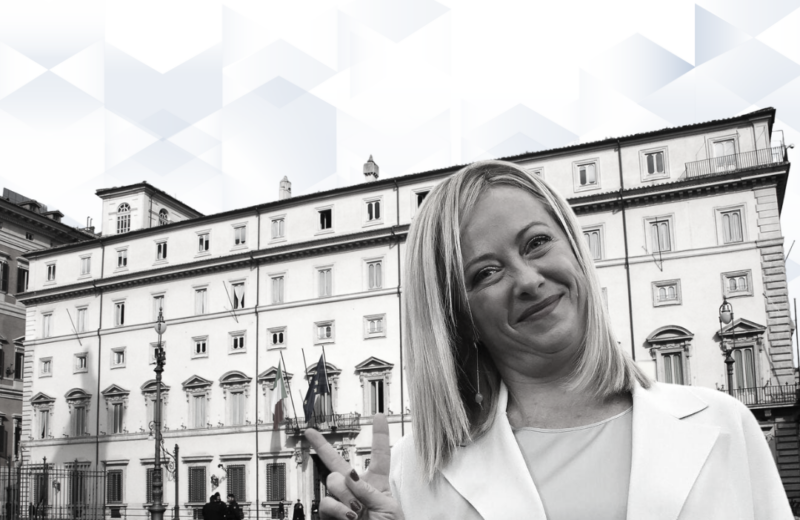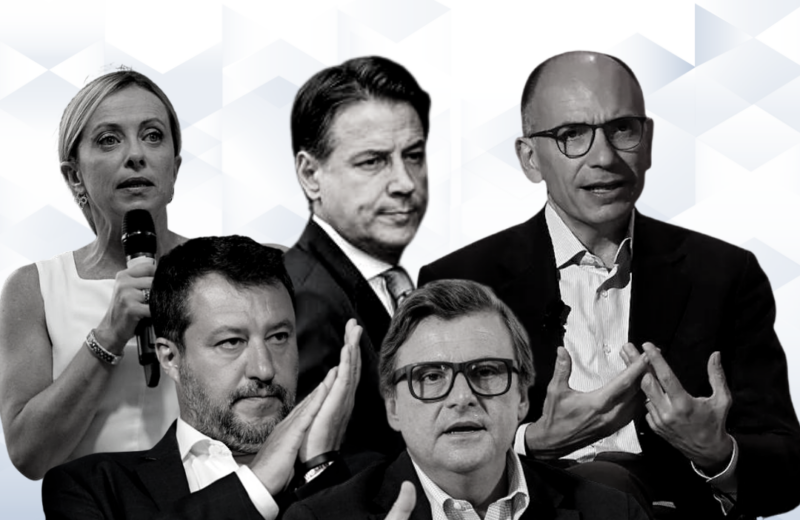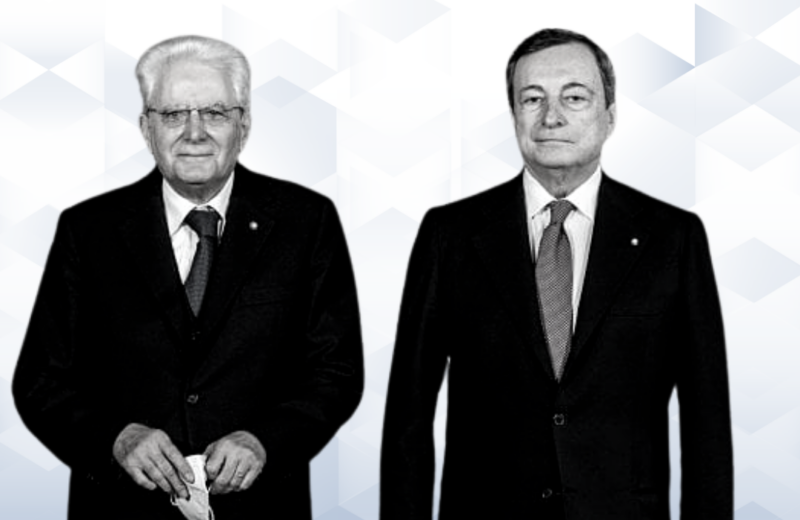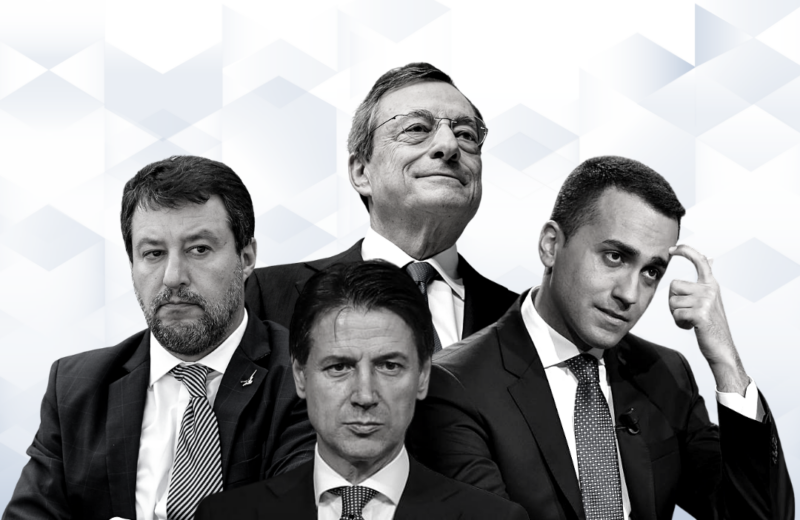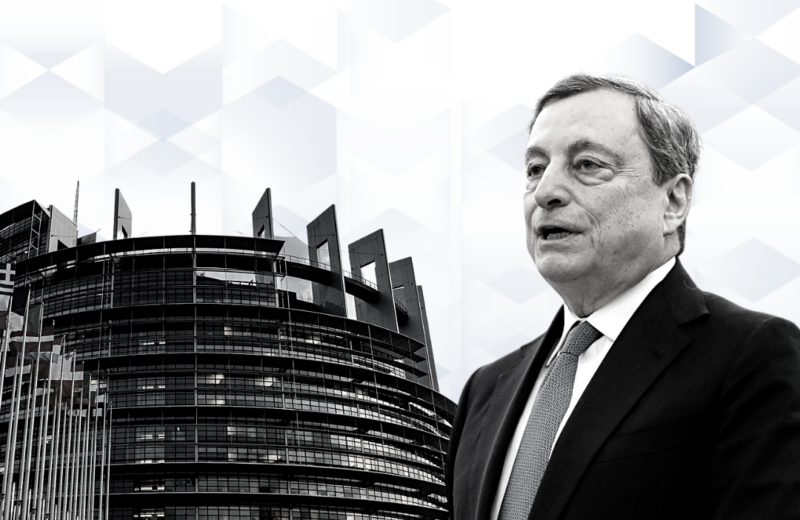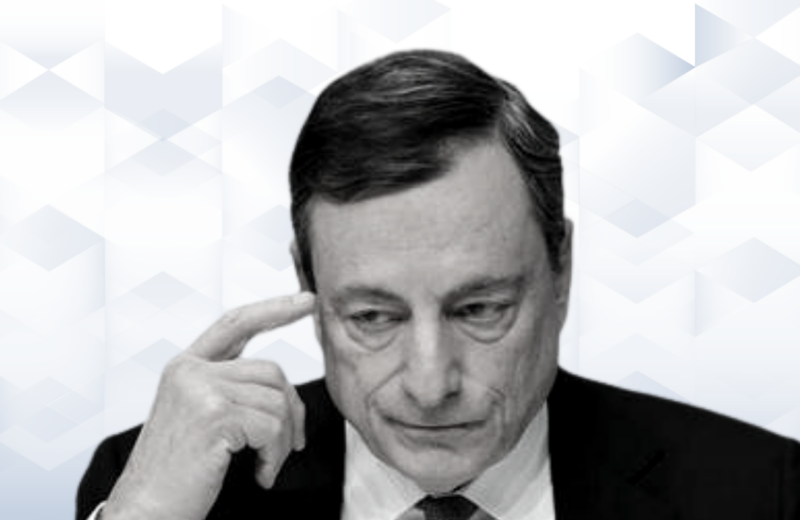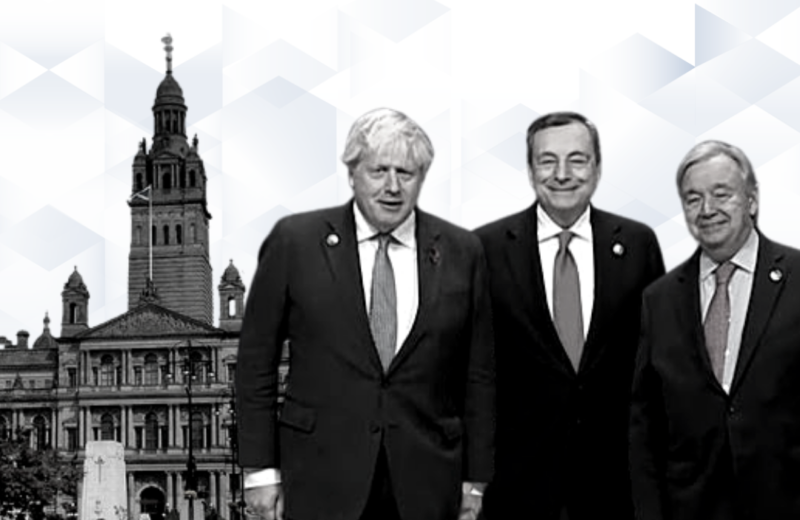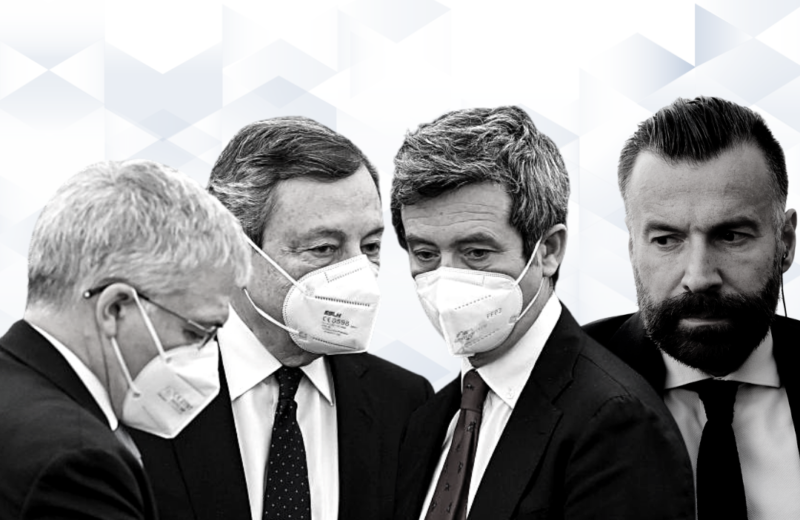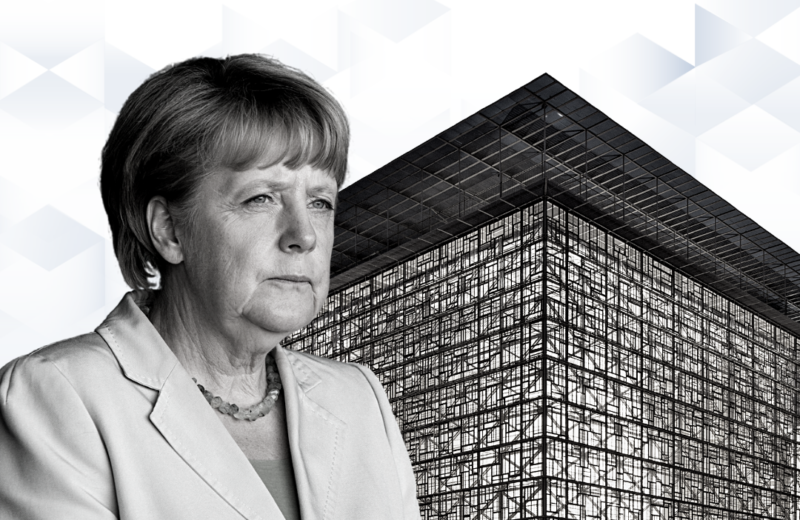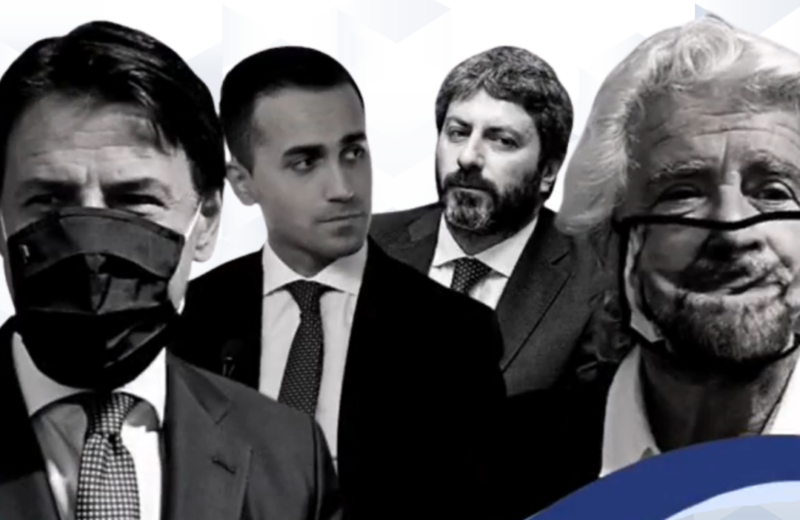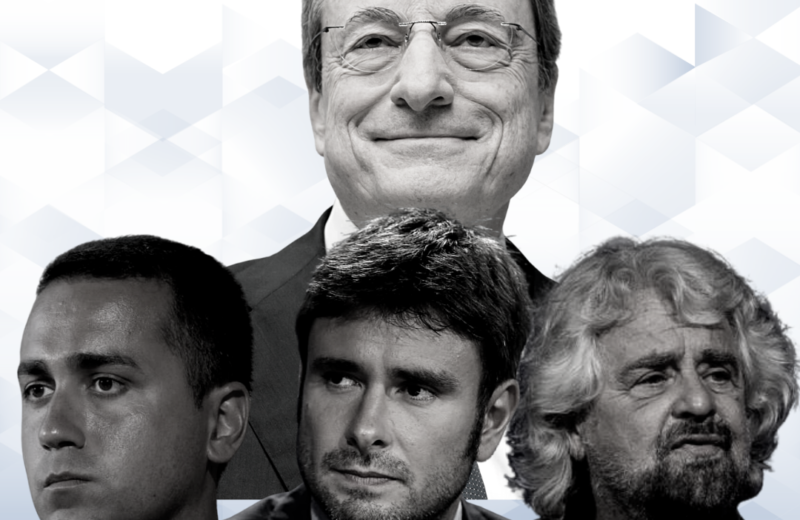NATO summit, German rearmament, and Italian strategy
Prime Minister Mario Draghi took part in all the events scheduled for 24 and 25 March in Brussels: the extraordinary NATO summit, the meeting of the heads of State and government of the G7 and the meeting of the European Council.
The crisis triggered by Russia with the invasion of Ukraine determined the close scheduling of the main Western forums. In this phase of profound uncertainty, the allies want to flaunt compactness and feel the need for greater mutual coordination to respond to Moscow on an economic, strategic, and cultural level.
The main meeting was about the Atlantic Alliance – which has met at its most important summit ever since the end of the Cold War. In the joint declaration, NATO strongly condemned the Russian aggression and the “irresponsible and destabilizing” rhetoric of President Vladimir Putin.
Yet, beyond calls for an end to hostilities and promises of new sanctions, not to mention pledges to supply Ukraine with new weapons and war crimes monitoring, allies can or will do truly little despite the calls of Ukrainian President Volodymyr Zelensky, who is legitimately doing everything he can to drag them into war against Moscow.
The deployment of troops in Ukraine is excluded (the Polish spoke of peacekeepers, but the proposal was rejected), as well as the ban on airspace over Ukrainian skies – a move that Americans primarily disliked as it would lead to confrontation with the Russians. The specter of a war against Moscow is to be avoided at all costs since it would explode the risk of a nuclear war in the Old Continent.
Even the deployment of 40,000 troops on NATO’s eastern flank and the establishment of four other multinational battle groups in Bulgaria, Hungary, Romania, and Slovakia certainly do not serve to put an end to the fighting in the offended former Soviet republic, but to protect the members of the Alliance.
The most significant passage in the document concerns the invitation to China not to support Russia’s war effort and not to provide Moscow with solutions to evade Western sanctions. This is an implicit admission that the punitive measures adopted by Washington and Brussels can only be fully implemented with the collaboration of the large non-Western countries.
This is not at all obvious, indeed, given that in addition to China, also India, Pakistan, South Korea, Iran, Turkey, Brazil, and Mexico have disregarded the application of sanctions. So much so that President Zelensky himself – who spoke remotely during the Belgian summit – admitted that his country ended up in a gray zone between Russia and NATO.
Another significant fact of the two-day summit was the presence in Europe of US President Joe Biden, who immediately after the Brussels meetings flew to Poland to review the American troops stationed in the Eastern European country and meet President Andrzej Duda.
This visit, combined with the upgrade of NATO troops in the East, confirms the importance assumed by Warsaw in the United States’ Eastern European military deployment. The Poles are among the most exposed to the repercussions of the conflict (to date they have welcomed over two million Ukrainian refugees) and are hoping for a deepening of their security relationship with the superpower.
In addition to war unleashed by the Russians that menaces its south-eastern borders, Poland fearfully records the announced rearmament of Berlin – which is undoubtedly the most significant consequence of the current continental crisis. Together with Russia, Germany embodies the traditional source of apprehension for Warsaw and its eventual military revival cannot go unnoticed.
At the end of February, Chancellor Olaf Scholz announced his intention to immediately invest one hundred billion euros in defense and to bring military spending to over 2% of German GDP every year. In this way, the Federal Republic is a candidate to become the third power in the world, behind the United States and China, in terms of spending on the Armed Forces.
Scholz’s revolution is to all intents and purposes the geopolitical twist of these weeks. A turning point that also affects Italy very closely, which has its main economic partner in Germany and is linked to Berlin by extraordinarily strong bonds of industrial interdependence.
It is no coincidence that our government has also decided to increase defense spending up to 2% of GDP, in compliance with NATO constraints and to cope with the new season of European instability triggered by the war.
This eventual injection of additional resources into the military instrument will only make sense if it is accompanied by a true cultural revolution, capable of providing Italy with the tools to equip itself with a national strategy framed into its system of more or less binding alliances.
